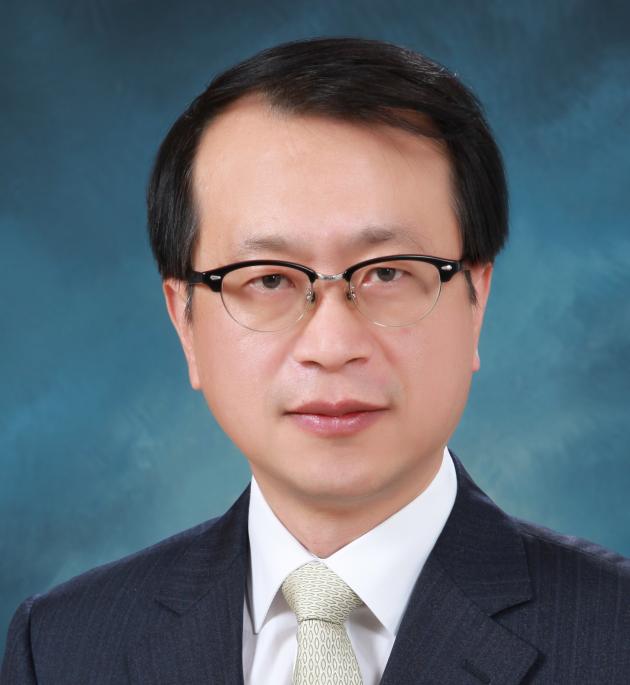Is there an afterlife after death? Does attitude to death have anything to do with health?
While the word “death” is still taboo for most, if not all, people, the critical research about well-dying -- preparing for one’s death -- has emerged and is drawing attention.
Professor Yoon Yong-ho윤영호 and his team of Seoul National University Hospital’s서울대병원 Integrated Cancer Care Center investigated the perception of death among cancer patients (1,001), family members (1,006), the general public (1,241) last year, and doctors (928).
The research team made respondents choose answers among a variety of examples, such as “life ends with death,” “death is painful and scary,” “there is an afterlife,” “I will have to live the remaining life with tolerance,” and “death is not pain but must be remembered as the completion of life.”
As a result, a majority of respondents in the two groups – patients, families and ordinary people (Group A) and doctors (Group B) -- answered that life ends with death. More specifically, 75.2 percent of the Group A and 63.4 percent of the Group B said so.
Also, 58.3 percent of group A and 45.6 percent of group B said that death is painful and scary. Physicians, or Group B respondents, think of death more positively, for doctors take the phenomenon of death more favorably as they often witness death. And 54.6 percent of Group A and 47.6 percent of the group B agreed that there is an afterlife.
To the statement of “I have to live the rest of my life showing tolerance to others,” both groups (89.8 percent A and 93 percent in B) showed positive attitudes. To the presentment of “death should be remembered as the completion of life rather than pain,” 90 percent in Group A and 94.1 percent in Group B said “yes.”

This attitude toward death was also related to the health status of the subjects. Respondents who said death is the end of life, and death is painful and fearful showed mental, social and spiritual health 1.2 to 1.4 times worse than those who did not.
On the other hand, the mental, social and spiritual health of respondents who agreed to the afterlife, tolerant life, and death as the fulfillment of life was 1.3 to 1.5 times better than those who did not.
In other words, the positive attitude toward death was closely related to healthy lifestyle.
The study presented insights and directions on how the society perceives death, and promotes a positive attitude toward death, the study said, suggesting that patient care should be extended to the non-medical part as well.
"Through the proper intervention of the medical staff and the society, we must try to change the patients’ attitude toward death in more positive ways," Professor Yoon said. "Now, the society should start discussions about death."
Korea should make a social atmosphere that makes the most of the hospice system, and respects patients’ opinions on life-prolonging treatment, he added.

